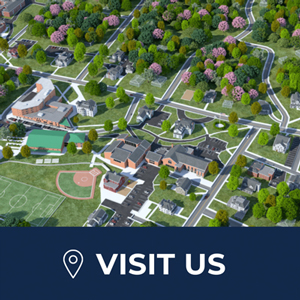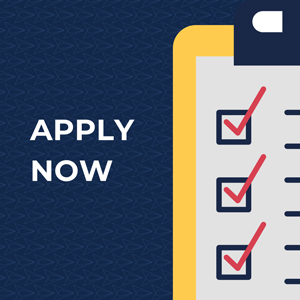Biology Major

Biology Major
The B.S. in Biology major degree program provides students with a firm foundation for a career in the biological sciences.
The Biology major is centered on biology, chemistry, physics, and mathematics. In addition, students are presented with meaningful educational experiences based on the knowledge perspectives of the Lasell University core curriculum: creativity and aesthetics, scientific inquiry and problem solving, individuals and society, and global and historical perspectives.
Program Features
The program features many extracurricular opportunities to give students leadership/team experience and portfolio material.
- Students take part in a semester off-campus field experience that provides professional interaction and training in a student's chosen area of career focus within the biological sciences.
- Lasell has partnered with St. George’s University in Grenada (SGU) to offer undergraduate students a direct pathway into medical school. Undergraduate students can apply to SGU’s pathway at any point during their undergraduate career.
What You'll Learn
From your first day, you’ll take courses in your major and advance towards graduation with a yearly plan. Not sure what classes to take? We’ll help you create the perfect plan.
Learning Outcomes
- Explain and apply the evidence that supports evolution as an explanation for the diversity of life.
- Demonstrate a comprehensive understanding of the relationship between structure and function at all levels of life.
- Apply the principles governing storage, synthesis, and manipulation of genetic information.
- Show an understanding of how the laws of thermodynamics and chemical pathways impact the growth and development of organisms.
- Demonstrate proficient performance, comprehension and application of laboratory techniques including but not limited to cell and microorganism culture, micropipetting, polymerase chain reaction, gel electrophoresis, and DNA analysis.
For a complete list of courses and learning outcomes, view the Academic Catalog >>
|
Career Success with Biology Degree
Biology majors learn a broad range of transferable skills and gain strong competence in critical thinking and hands-on experience. There is a wide variety of Connected Learning opportunities for Biology students.
Our students have interned with:
- Blueprint Medicines
- Batavia Biosciences
- Alpha Analytics
- The Water's Edge Farm
- Newton-Wellesley Hospital
- Brigham and Women's Hospital
- Mt. Auburn Hospital
Our alumni work as:
- Toxicology Lab Technician
- Genetics Lab Technician
- Histology Lab Technician
- Cytology Lab Technician
- Pathology Lab Technician
- Organ Operations Technician
- Quality Control Technician












 Accelerated Master's Program
Accelerated Master's Program

